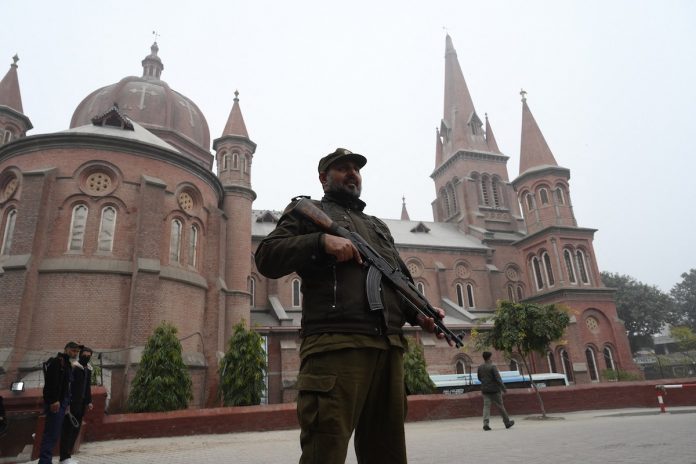One in three countries around the world lacks religious freedom while religious persecution is on the rise, according to the 2023 World Religious Freedom Report (RFR).
The report, which was published by Aid to the Church in Need (ACN) in June, revealed that in 61 countries, discrimination and persecution based on religion are evident, with 49 of them showing government-led persecution or even murder of its own citizens on religious grounds.
Impunity for attackers is also increasing, with 36 countries rarely or never prosecuting them. The report covered the period between January 2021 and December 2022 and analyzed compliance and violations of religious rights in 196 nations.
Regina Lynch, the newly-appointed executive president of ACN International, said the purpose of the report is to “motivate people to get involved and help those suffering from religious persecution through prayer, sharing information, speaking up for victims, engaging politicians, and keeping informed about the reality on the ground in different parts of the world.”
“The ACN Religious Freedom in the World Report seeks only to collate information and provide analysis of the abuse of this fundamental human right worldwide. It is a tool. The tool is only as good as those who take it up, share it with others, and work to effect change,” said Lynch.
Almost 4.9 billion people, equivalent to 62 percent of the world’s population, live in countries where religious freedom is heavily restricted.
Minority religious communities face dire conditions and even the threat of extinction due to terrorism, attacks on cultural heritage, anti-conversion laws, and financial restrictions.
Disturbingly, the majority of religious communities are also being persecuted in countries such as Nicaragua and Nigeria.
The report highlights the global increase in authoritarian governments and fundamentalist leaders who fear the influence and mobilization capacity of religious communities, leading to a deadly impact on religious freedom.
Furthermore, the silence of the international community contributes to a culture of impunity for strategically important regimes like China, India, Nigeria, and Pakistan, which violate religious freedom without facing consequences.
Africa remains the most violent continent, with an increase in Jihadist attacks, particularly in the Sahel region, Lake Chad, Mozambique, and Somalia.
In Asia, China and North Korea maintain the worst records of human rights violations, including religious freedom. The report also expressed concerns about limited freedom of thought, conscience, and religion in OSCE (Organization for Security and Cooperation in Europe) countries.
The report, however, mentioned some positive developments, such as an increase in interreligious dialogue initiatives and the resumption of unrestricted religious celebrations in many countries following COVID-19 lockdowns.









